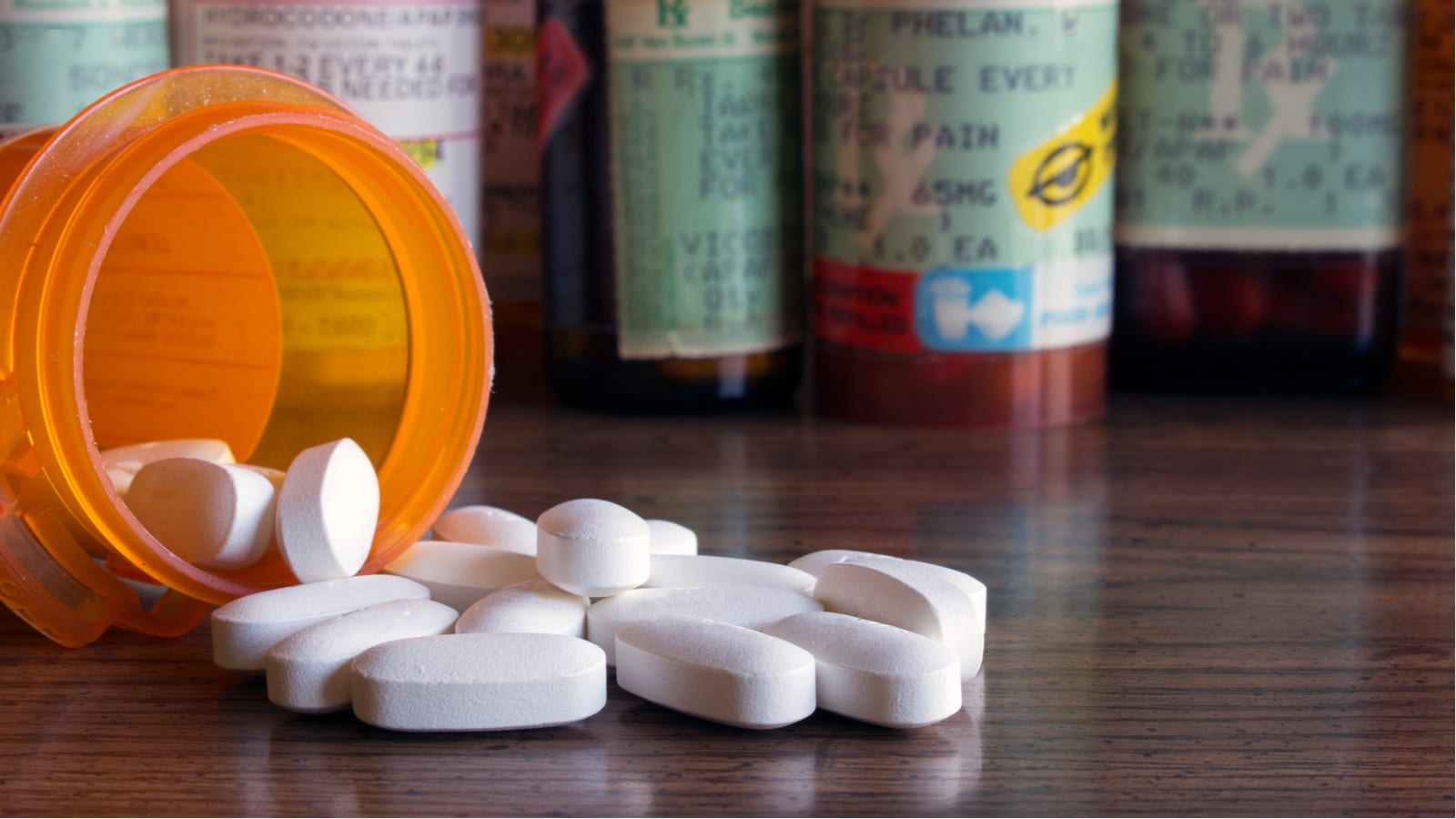NSAIDs (Non-Steroidal Anti-Inflammatory Drugs)
NSAIDs also referred to as an older anti-inflammatory agent, work to block both the Cox-1 and Cox-2 enzymes. While Cox-1 is used to maintain the lining in the stomach, NSAIDs used in small doses will not have severe effects unless taken in a series of treatments over time. NSAIDs compose of medications such as ibuprofen, naproxen, and aspirin, help to inhibit the mediators of pain receptors. When used to relieve dental pain, studies have shown that several NSAIDs are effective in reducing post-operative dental pain, and can be combined with other non-opioid medications.
Coxibs
Coxibs, a subcategory of NSAIDs, help to block Cox-2 inhibitors, resulting in fewer stomach issues than with older anti-inflammatory agents. Because Cox-2 inhibitors occur at the inflammation site, medications such as Celebrex and Vioxx have a lower risk of internal bleeding than with older NSAIDs. As a form of treatment, coxibs can help treat dental pain in many of our various settings, and when combined with older NSAIDs in analgesic regimens, we can effectively provide pain management for patients abstaining from opioid treatments.
Acetaminophen
Acetaminophen has analgesic and antipyretic properties but also contains weak anti-inflammatory effects. Acetaminophen works primarily in the central nervous system and can be used in place of NSAIDs for patients with sensitivities. When used in monotherapy, acetaminophen can be an effective analgesic, helpful in relieving post-operative pain. However, we only operate with acetaminophen in low doses to maximize its efficiency and reduce the potential effects of liver damage and blood thinning.

Combination Therapy
Our practice focuses on providing the most out of our post-procedure care, including offering combination therapy to reduce pain at maximum results. For instance, ibuprofen in monotherapy can be considered equal to and superior to certain medications such as acetaminophen, and combining acetaminophen combined with an NSAID can be used as superior analgesia to reduce pain during and post-operative surgery.
Safety
Our state-of-the-art facility features brand new sterilization equipment, providing infection control and cross-contamination control at maximum efficiency. Our autoclaves completely sterilize our equipment after every procedure in a matter of minutes to give our patients peace of mind when they arrive at our office. We also keep proper records of our infection control efforts to practice efficiency further. Our staff members and dental surgeons work to keep our center a safely clean, effective workplace, reinforcing vigorous cleaning with hand-washing stations and sterilization practices that work in line with the U.S. Department of Health and Washington State Department of Health protocols.
If you have questions regarding our non-opioid options and our surgical procedures, please contact us today to learn more and schedule an appointment.




